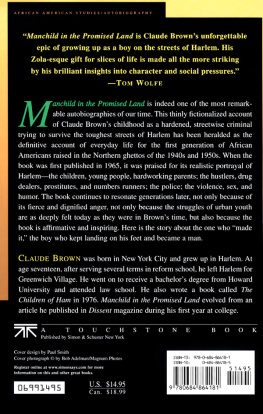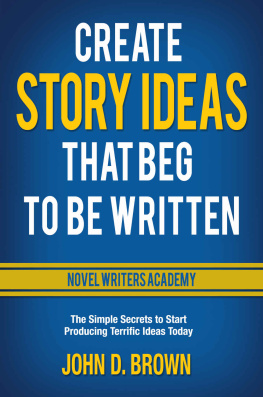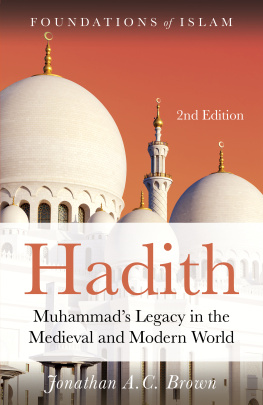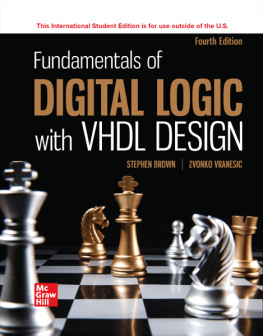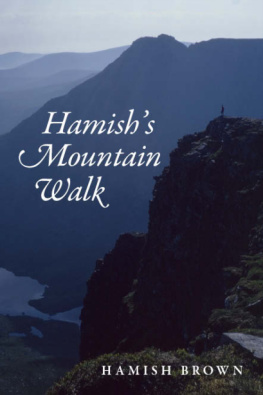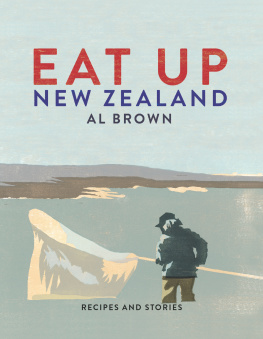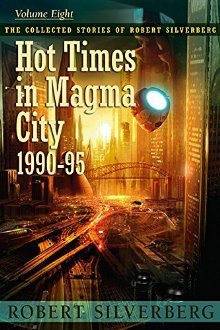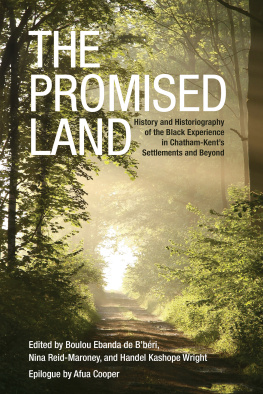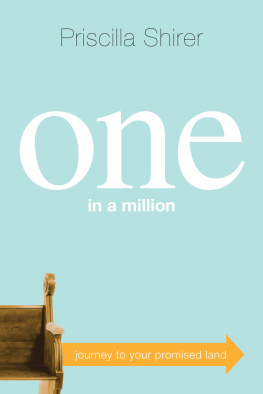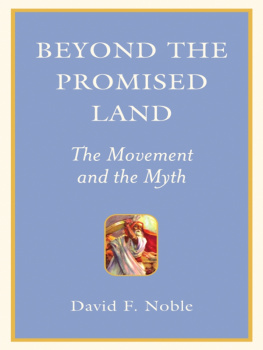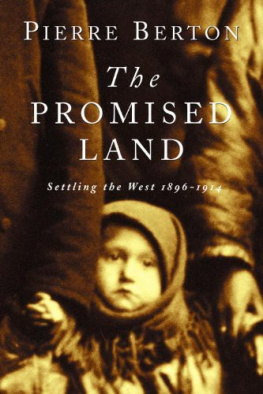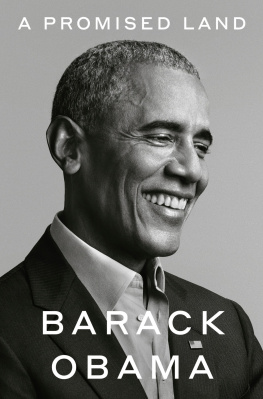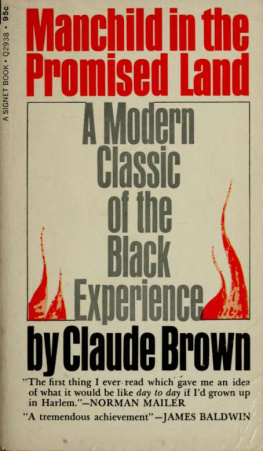Brown - Manchild in the Promised Land: Scribner
Here you can read online Brown - Manchild in the Promised Land: Scribner full text of the book (entire story) in english for free. Download pdf and epub, get meaning, cover and reviews about this ebook. City: New York, year: 2010;2000, publisher: Simon & Schuster;Touchstone Book, genre: Science fiction. Description of the work, (preface) as well as reviews are available. Best literature library LitArk.com created for fans of good reading and offers a wide selection of genres:
Romance novel
Science fiction
Adventure
Detective
Science
History
Home and family
Prose
Art
Politics
Computer
Non-fiction
Religion
Business
Children
Humor
Choose a favorite category and find really read worthwhile books. Enjoy immersion in the world of imagination, feel the emotions of the characters or learn something new for yourself, make an fascinating discovery.
- Book:Manchild in the Promised Land: Scribner
- Author:
- Publisher:Simon & Schuster;Touchstone Book
- Genre:
- Year:2010;2000
- City:New York
- Rating:5 / 5
- Favourites:Add to favourites
- Your mark:
- 100
- 1
- 2
- 3
- 4
- 5
Manchild in the Promised Land: Scribner: summary, description and annotation
We offer to read an annotation, description, summary or preface (depends on what the author of the book "Manchild in the Promised Land: Scribner" wrote himself). If you haven't found the necessary information about the book — write in the comments, we will try to find it.
Brown: author's other books
Who wrote Manchild in the Promised Land: Scribner? Find out the surname, the name of the author of the book and a list of all author's works by series.
Manchild in the Promised Land: Scribner — read online for free the complete book (whole text) full work
Below is the text of the book, divided by pages. System saving the place of the last page read, allows you to conveniently read the book "Manchild in the Promised Land: Scribner" online for free, without having to search again every time where you left off. Put a bookmark, and you can go to the page where you finished reading at any time.
Font size:
Interval:
Bookmark:
Incredible! No Negro writer ever told the whole street thing in Harlem: Claude Brown is the first.
Tom Wolfe, New York Herald Tribune
The first thing I ever read which gave me an idea of what it would be like day by day if Id grown up in Harlem.
Norman Mailer
This is a magnificent book, not a good book, not an interesting book, a magnificent book. It is a guided tour of hell conducted by a man who broke out.
Dick Schaap, Books
It is written with brutal and unvarnished honesty in the plain talk of the people, in language that is fierce, uproarious, obscene and tender.
Romulus Linney, The New York Times Book Review
Sprung from the alley, a rare cat As a survivor among the dying and the dead, Brown tells it like it wasand like it still is.
Nat Hentoff, Book Week
He writes about his lifeand Harlemwith frank, brutal, and beautiful power. Mr. Browns graphic narrative will make you laugh, cry, think, and possibly understand.
Atlanta Journal
Browns Harlem is alive in a way that no black ghetto has heretofore been brought to life between book jackets.
Daniel A. Poling
Sometimes a unique voice speaks out so clearly and with so much passion that it comes to speak for an era, a generation, a people and we have to listen.
William Mathes, Los Angeles Times


TOUCHSTONE
Rockefeller Center
1230 Avenue of the Americas
New York, NY 10020
www.SimonandSchuster.com
Copyright 1965 by Claude Brown
Copyright renewed 1993 by Claude Brown
All rights reserved,
including the right of reproduction
in whole or in part in any form.
All the names in this bookwith the exception of public figures, judges, staff members at the Wiltwyck School for Boys, Mr. Alfred A. Cohen, the Reverend William M. James, Mr. Louis Howard, and the authorare entirely fictitious, and any resemblance to the names of living persons is wholly coincidental.
First Touchstone Edition 1999
TOUCHSTONE and colophon are registered trademarks of Simon & Schuster Inc.
Manufactured in the United States of America
20 19 18 17 16
The Library of Congress has cataloged the Macmillan edition as follows:
Brown, Claude, date.
Manchild in the promised land / Claude Brown.
p. cm.
ISBN 0-02-517325-1
1. Brown, Claude, date. 2. Afro-AmericansBiography.
3. Afro-AmericansNew York (N.Y.)Social conditions.
4. Harlem (New York, N.Y.)Social conditions. 5. New York (N.Y.)Social conditions. I. Title
E185.97.B86A3 1990
974.710049607302dc20
[B] 90-34905 CIP
ISBN-13: 978-0-684-86418-1
ISBN-10: 0-684-86418-5
eISBN-13: 978-1-4516-2617-9
To the late E LEANOR R OOSEVELT ,
who founded the Wiltwyck School for Boys.
And to the W ILTWYCK S CHOOL ,
which is still finding Claude Browns.
I WANT to talk about the first Northern urban generation of Negroes. I want to talk about the experiences of a misplaced generation, of a misplaced people in an extremely complex, confused society. This is a story of their searching, their dreams, their sorrows, their small and futile rebellions, and their endless battle to establish their own place in Americas greatest metropolisand in America itself.
The characters are sons and daughters of former Southern sharecroppers. These were the poorest people of the South, who poured into New York City during the decade following the Great Depression. These migrants were told that unlimited opportunities for prosperity existed in New York and that there was no color problem there. They were told that Negroes lived in houses with bathrooms, electricity, running water, and indoor toilets. To them, this was the promised land that Mammy had been singing about in the cotton fields for many years.
Going to New York was good-bye to the cotton fields, good-bye to Massa Charlie, good-bye to the chain gang, and, most of all, goodbye to those sunup-to-sundown working hours. One no longer had to wait to get to heaven to lay his burden down; burdens could be laid down in New York.
So, they came, from all parts of the South, like all the black chillun o God following the sound of Gabriels horn on that long-overdue Judgment Day. The Georgians came as soon as they were able to pick train fare off the peach trees. They came from South Carolina where the cotton stalks were bare. The North Carolinians came with tobacco tar beneath their fingernails.
They felt as the Pilgrims must have felt when they were coming to America. But these descendants of Ham must have been twice as happy as the Pilgrims, because they had been catching twice the hell. Even while planning the trip, they sang spirituals as Jesus Take My Hand and Im On My Way and chanted, Hallelujah, Im on my way to the promised land!
It seems that Cousin Willie, in his lying haste, had neglected to tell the folks down home about one of the most important aspects of the promised land: it was a slum ghetto. There was a tremendous difference in the way life was lived up North. There were too many people full of hate and bitterness crowded into a dirty, stinky, uncared-for closet-size section of a great city.
Before the soreness of the cotton fields had left Mamas back, her knees were getting sore from scrubbing Goldbergs floor. Nevertheless, she was better off; she had gone from the fire into the frying pan.
The children of these disillusioned colored pioneers inherited the total lot of their parentsthe disappointments, the anger. To add to their misery, they had little hope of deliverance. For where does one run to when hes already in the promised land?
Run!
Where?
Oh, hell! Lets get out of here!
Turk! Turk! Im shot!
I could hear Turks voice calling from a far distance, telling me not to go into the fish-and-chips joint. I heard, but I didnt understand. The only thing I knew was that I was going to die.
I ran. There was a bullet in me trying to take my life, all thirteen years of it.
I climbed up on the bar yelling, Walsh, Im shot. Im shot. I could feel the blood running down my leg. Walsh, the fellow who operated the fish-and-chips joint, pushed me off the bar and onto the floor. I couldnt move now, but I was still completely conscious.
Walsh was saying, Git outta here, kid. I aint got no time to play.
A woman was screaming, mumbling something about the Lord, and saying, Somebody done shot that poor child.
Mama ran in. She jumped up and down, screaming like a crazy woman. I began to think about dying. The worst part of dying was thinking about the things and the people that Id never see again. As I lay there trying to imagine what being dead was like, the policeman who had been trying to control Mama gave up and bent over me. He asked who had shot me. Before I could answer, he was asking me if I could hear him. I told him that I didnt know who had shot me and would he please tell Mama to stop jumping up and down. Every time Mama came down on that shabby floor, the bullet lodged in my stomach felt like a hot poker.
Another policeman had come in and was struggling to keep the crowd outside. I could see Turk in the front of the crowd. Before the cops came, he asked me if I was going to tell them that he was with me. I never answered. I looked at him and wondered if he saw who shot me. Then his question began to ring in my head: Sonny, you gonna tell em I was with you? I was bleeding on a dirty floor in a fish-and-chips joint, and Turk was standing there in the doorway hoping that I would die before I could tell the cops that he was with me. Not once did Turk ask me how I felt.
Next pageFont size:
Interval:
Bookmark:
Similar books «Manchild in the Promised Land: Scribner»
Look at similar books to Manchild in the Promised Land: Scribner. We have selected literature similar in name and meaning in the hope of providing readers with more options to find new, interesting, not yet read works.
Discussion, reviews of the book Manchild in the Promised Land: Scribner and just readers' own opinions. Leave your comments, write what you think about the work, its meaning or the main characters. Specify what exactly you liked and what you didn't like, and why you think so.

